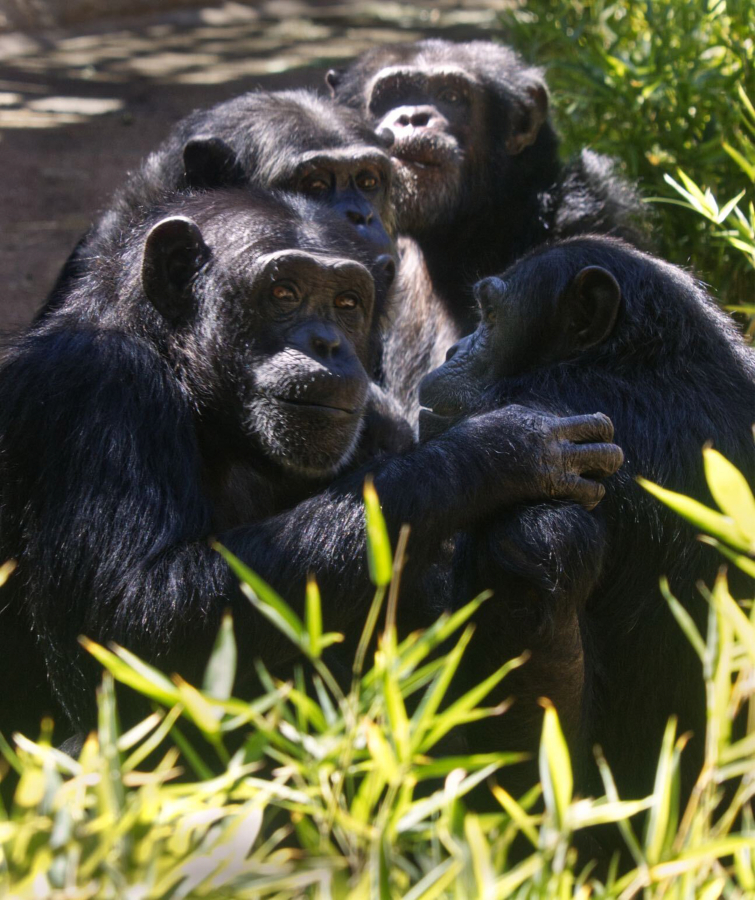For the first time in 75 years, the Sacramento Zoo is no longer home to a troop of chimpanzees.
The zoo announced Saturday that it has relocated its four chimpanzees — Dougie, Pablo, Amelia and Maria — to two much larger zoos, with much larger chimpanzee troops. The zoo did not disclose when the animals were moved.
Dougie and Pablo have been relocated to the Kansas City Zoo, which has nine chimpanzees already, while Amelia and Maria were dispatched to an undisclosed, accredited zoo.
According to Association of Zoos and Aquariums guidelines, there should be a minimum of eight chimpanzees in a troop.
The Chimpanzee Species Survival Plan, which AZA zoos participate in, consists of 229 animals spread out among 33 facilities.
“Although it is difficult to see these beloved animals leave the Sacramento Zoo, their new homes and troops will provide excellent well-being for many years to come,” Matt McKim, director of animal care for the Sacramento Zoo, said.
Courtney Murray, with the Kansas City Zoo, said that the zoo is excited to welcome Pablo and Dougie.
“Our zoo’s chimpanzee habitat is about 3 acres and encompasses a forested section with large, mature trees for climbing and plenty of territory for the troop to carry out natural behaviors and social interactions. The addition of Pablo and Dougie will be beneficial to balance out troop dynamics and increase the diversity of the troop’s gene pool,” Murray said.
Chimpanzees have long been one of the Sacramento Zoo’s top attractions, said Zoo Director Jason Jacobs.
“While we will certainly miss these charismatic apes, it is important for the community to understand the context in which these decisions are made. Advances in the care of great apes in zoos clearly demonstrate that these animals thrive in social troops in larger habitats,” Jacobs said.



